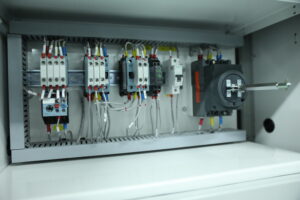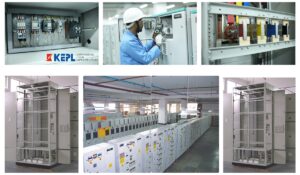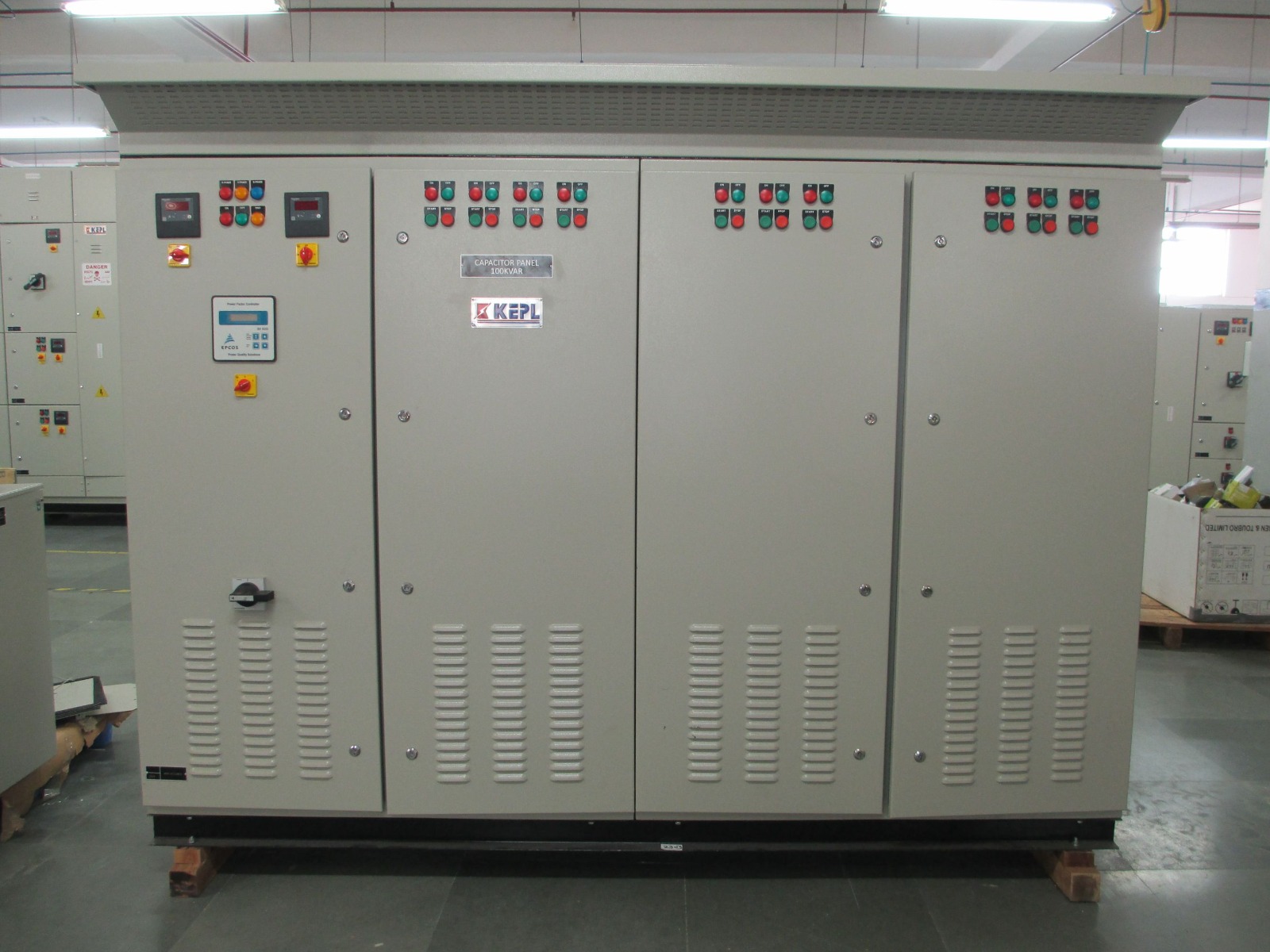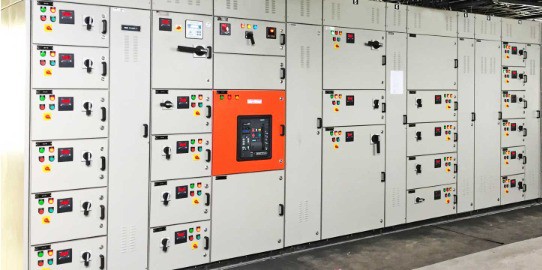Maximizing Efficiency: How Electrical Control Panels Drive Industrial Automation
In today’s fast-paced industrial world, efficiency is key.
Companies are constantly seeking ways to streamline their operations and maximize productivity. One crucial element in achieving these goals is the use of electrical control panels in industrial automation.
These powerful devices serve as the nerve centre of any automated system, allowing for seamless control and monitoring of electrical equipment.
From manufacturing plants to power generation facilities, electrical control panels play a vital role in optimizing processes, reducing downtime, and ensuring operational safety.
Whether you’re a seasoned professional or a curious enthusiast, join us as we uncover the inner workings of these innovative devices and discover the immense benefits they bring to the industrial landscape.
Importance of Industrial Automation
Industrial automation has revolutionized the manufacturing and production processes by reducing human intervention and increasing efficiency. By implementing automation systems, companies can achieve higher levels of precision, accuracy, and productivity.
With the help of electrical control panels, businesses can automate various tasks, including machine control, process monitoring, and data acquisition. This not only saves time and effort but also minimizes the risk of errors and enhances overall operational safety.
Role of Electrical Control Panels in Industrial Automation
At the heart of every automated system lies the electrical control panel. These panels are responsible for controlling and regulating the flow of electricity to different components and equipment within an industrial setup.
By integrating various electrical devices such as switches, relays, circuit breakers, and sensors, control panels enable operators to monitor and control the entire system from a centralized location.
This centralized control not only enhances efficiency but also provides real-time data, enabling operators to make informed decisions and optimize processes.
Components of an Electrical Control Panel
To understand the inner workings of an electrical control panel, it’s essential to familiarize ourselves with its key components. The main components of a control panel include power supply units, circuit breakers, relays, contactors, control switches, indicators, and communication modules.

Power supply units play a crucial role in providing a stable power source to the control panel. Circuit breakers protect the system from electrical faults and overload conditions.
Relays and contactors are responsible for switching and controlling electrical circuits, while control switches and indicators allow operators to monitor and control the system’s operations.
Communication modules enable the integration of the control panel with other devices or systems, facilitating seamless data exchange and remote monitoring.
Types of Electrical Control Panels
Electrical control panels come in various types, depending on the specific requirements of the industrial application. The most common types include motor control centres (MCCs), programmable logic controllers (PLCs), distributed control systems (DCS), and human-machine interfaces (HMIs).

MCCs are used to control and protect electric motors and associated equipment. PLCs, on the other hand, are programmable electronic devices that control and monitor a wide range of industrial processes.
DCSs are designed for large-scale automation systems that require distributed control and monitoring capabilities. HMIs provide operators with a graphical user interface to interact with the control panel, simplifying the monitoring and control tasks.
Benefits of Using Electrical Control Panels in Industrial Automation
The use of electrical control panels in industrial automation brings numerous benefits to businesses.
Firstly, they enhance productivity by automating repetitive tasks, reducing human errors, and ensuring consistent and accurate operations. By providing real-time data and insights, control panels enable operators to identify inefficiencies, optimize processes, and make data-driven decisions.
Furthermore, control panels improve operational safety by centralizing control and monitoring functions, minimizing the risk of accidents and hazards. Additionally, control panels allow for remote monitoring and control, enabling operators to manage systems from anywhere, at any time.
Common Applications of Electrical Control Panels
Electrical control panels find applications in a wide range of industries and sectors.
In manufacturing plants, control panels are used to automate production lines, control motors, and monitor critical parameters such as temperature, pressure, and speed.
Power generation facilities utilize control panels for regulating generators, managing load distribution, and ensuring grid stability.
From automotive to pharmaceuticals, food processing to energy, control panels are an indispensable part of industrial automation across various sectors.
Control panels are also extensively used in water treatment plants for managing pumps, valves, and chemical dosing systems.
Future Trends in Electrical Control Panels for Industrial Automation
As technology continues to advance, so does the evolution of electrical control panels. In the future, we can expect to see more integration of artificial intelligence (AI) and machine learning (ML) algorithms into control panel systems.

AI and ML will enable control panels to learn from historical data, predict equipment failures, and optimize operations in real-time. Additionally, the rise of the Internet of Things (IoT) will lead to increased connectivity and communication capabilities in control panels.
This will enable seamless integration with other IoT devices and systems, enhancing overall automation and efficiency.
Conclusion
Electrical control panels are the driving force behind industrial automation, revolutionizing the way businesses operate. By streamlining processes, optimizing productivity, and ensuring operational safety, these powerful devices have become a cornerstone of modern industry.
From manufacturing plants to power generation facilities, control panels enable operators to control and monitor electrical equipment with ease.
As technology advances, we can expect to see even more efficient and intelligent control panels that will further enhance industrial automation.
So, embrace the power of efficiency, and let electrical control panels drive your business towards a future of automation and productivity.







